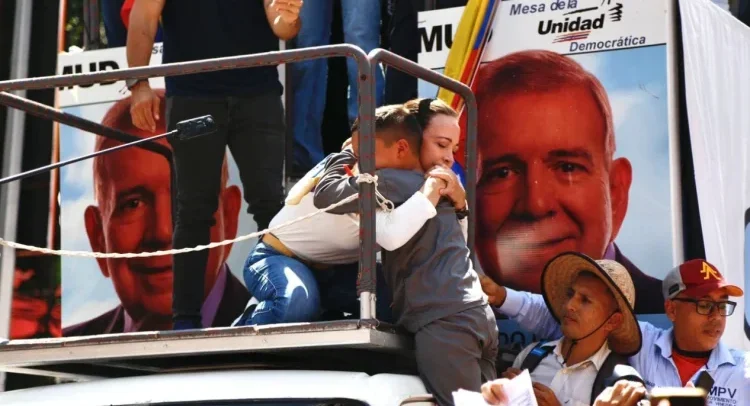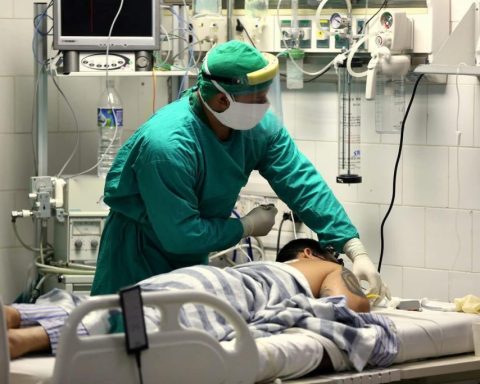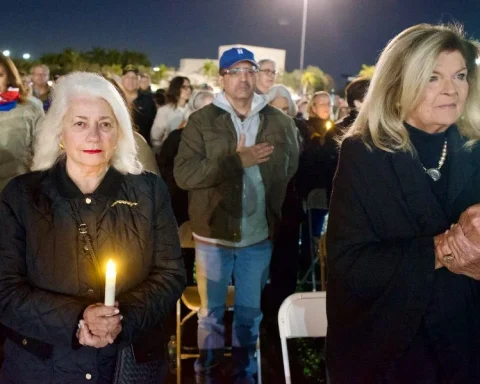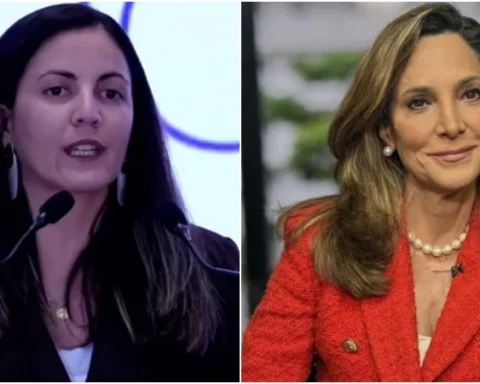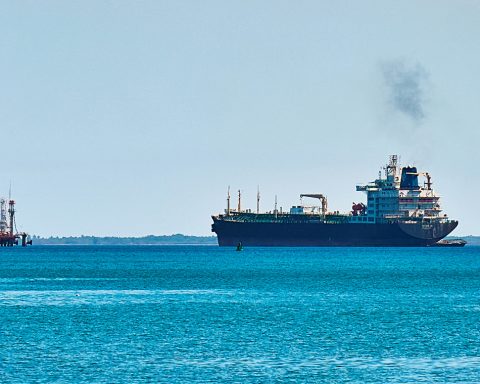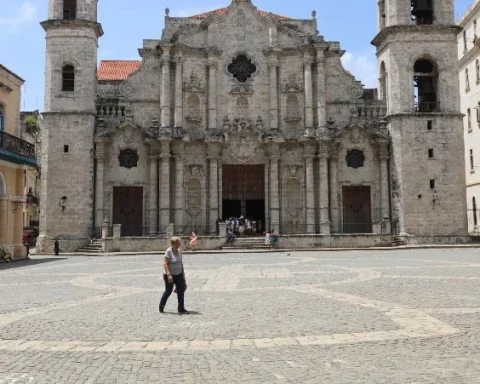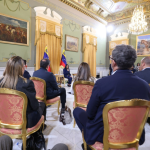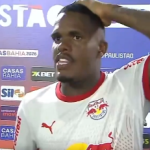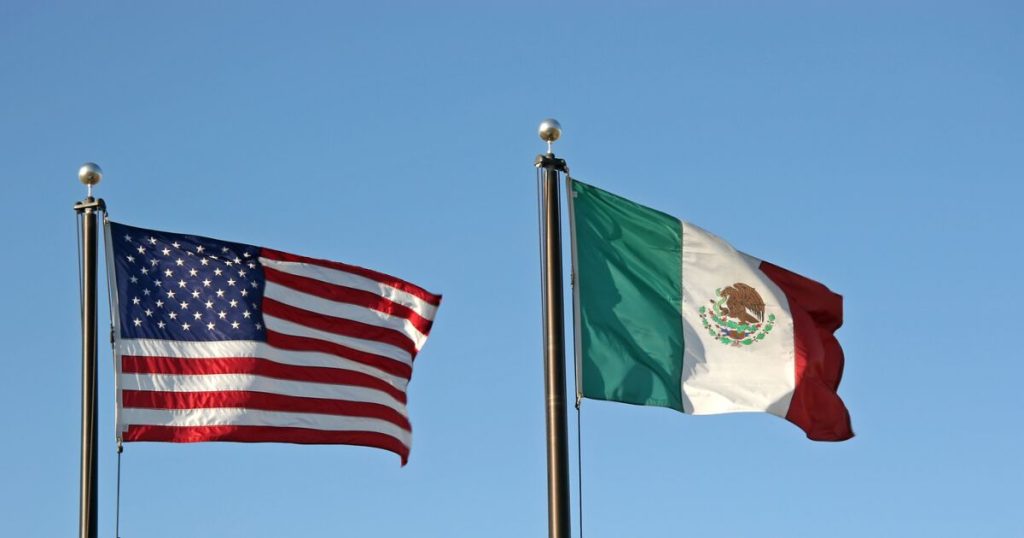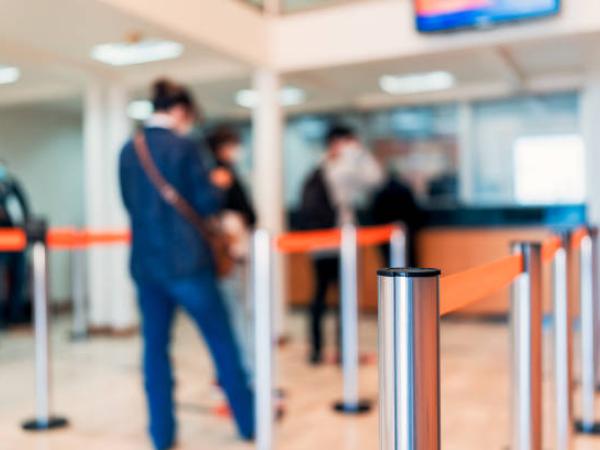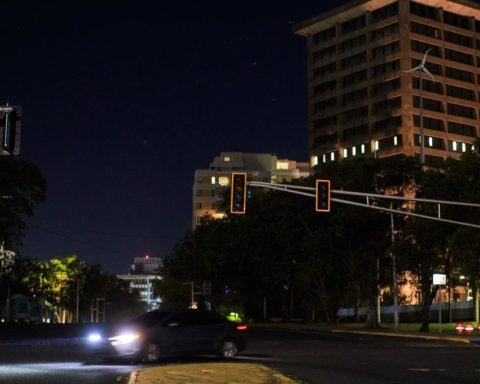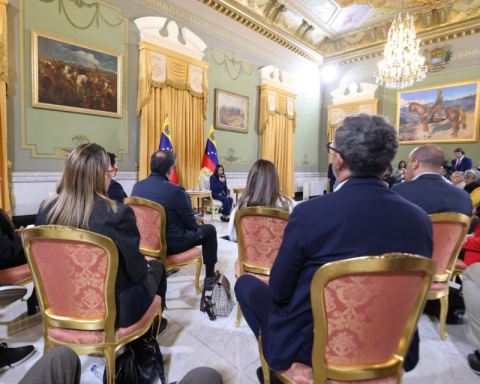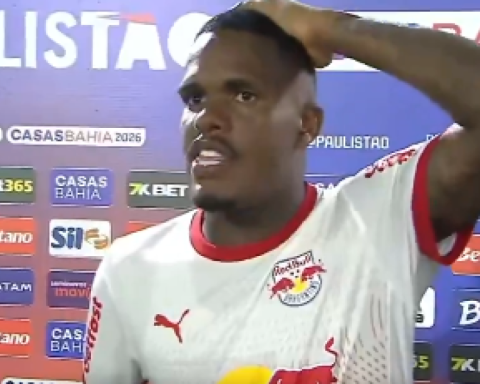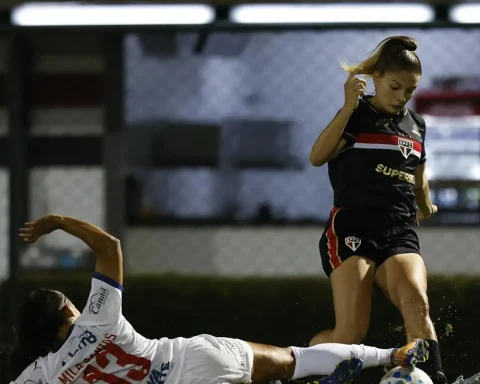MADRID, Spain.- The arrest warrant The Venezuelan government’s decision against opposition presidential candidate Edmundo González, issued this week, has sparked a wave of criticism and rejection internationally. The measure has raised concerns among various governments and organizations, who consider the action a political maneuver to silence the opposition.
Several Latin American countries have spoken out against Venezuela’s decision. In a release Together, Argentina, Costa Rica, Ecuador, Guatemala, Panama, Paraguay, Peru, the Dominican Republic and Uruguay expressed their “unequivocal rejection” of the arrest order. They pointed out that González’s arrest is a clear attempt at political persecution in a country where “there is no separation of powers or minimum judicial guarantees.” In their statement, the governments stressed that this action not only seeks to silence the opposition leader, but also to ignore the popular will expressed in the elections.
Likewise, Colombia and Brazil issued a joint statementin which they denounced that this order seriously affects the commitments reached in the Barbados Accords. These agreements, negotiated between the Maduro government and the opposition, were intended to strengthen democracy and promote a climate of political tolerance. The Colombian foreign minister, Luis Gilberto Murillo, also announced that the presidents of Colombia, Mexico and Brazil will meet with Maduro to try to find a solution to the political crisis facing Venezuela.
From Chile, Foreign Minister Alberto van Klaveren also joined in the criticism, calling the arrest warrant “a new attack by the Venezuelan regime on the rule of law.”
US position
The U.S. government has strongly condemned the arrest warrant against Gonzalez. Brian Nichols, assistant secretary for Western Hemisphere affairs at the State Department, He stated The United States joins many international partners in denouncing this unjustified action. Nichols criticized Maduro for “refusing to acknowledge his electoral defeat” and for using his power to persecute his political opponent, instead of allowing a democratic transition.
For his part, John Kirby, the White House’s national security adviser, warned that the United States is considering a variety of measures in response to the arrest warrant, in coordination with its allies. Although the measures were not specified, Kirby stressed that these actions are intended to demonstrate to Maduro that his decisions will have consequences. Kirby stressed that the accusation that Gonzalez incited violence is baseless and is simply another tactic by Maduro to stay in power.
European Union condemns the order
The European Union, through its High Representative for Foreign Affairs and Security, Josep Borrell, also expressed its categorical condemnation of the arrest warrant against González. Borrell urged the Venezuelan authorities to respect the freedom and physical integrity of the opposition candidate, as well as his human rights.
The arrest warrant against the leader Edmundo González was issued this Monday by the Venezuelan Prosecutor’s Office, for not having responded to three summons to testify about the page web where the opposition published results broken down from the elections held on July 28.
According to the order, signed by prosecutor Luis Ernesto Duéñez, González is being accused of “usurpation of functions“alleged crimes of forging public documents, instigation to disobedience of laws, criminal association, sabotage to damage systems and conspiracy.
According to the Chavista regime, Maduro obtained 51.95% of the votes in the elections, while Edmundo García only obtained 43.18%.
The opposition, which has managed to gather 81% of the voting records, currently public in your website for review by citizens and independent organizations, states that García far surpassed Maduro by almost 40% of the votes.
